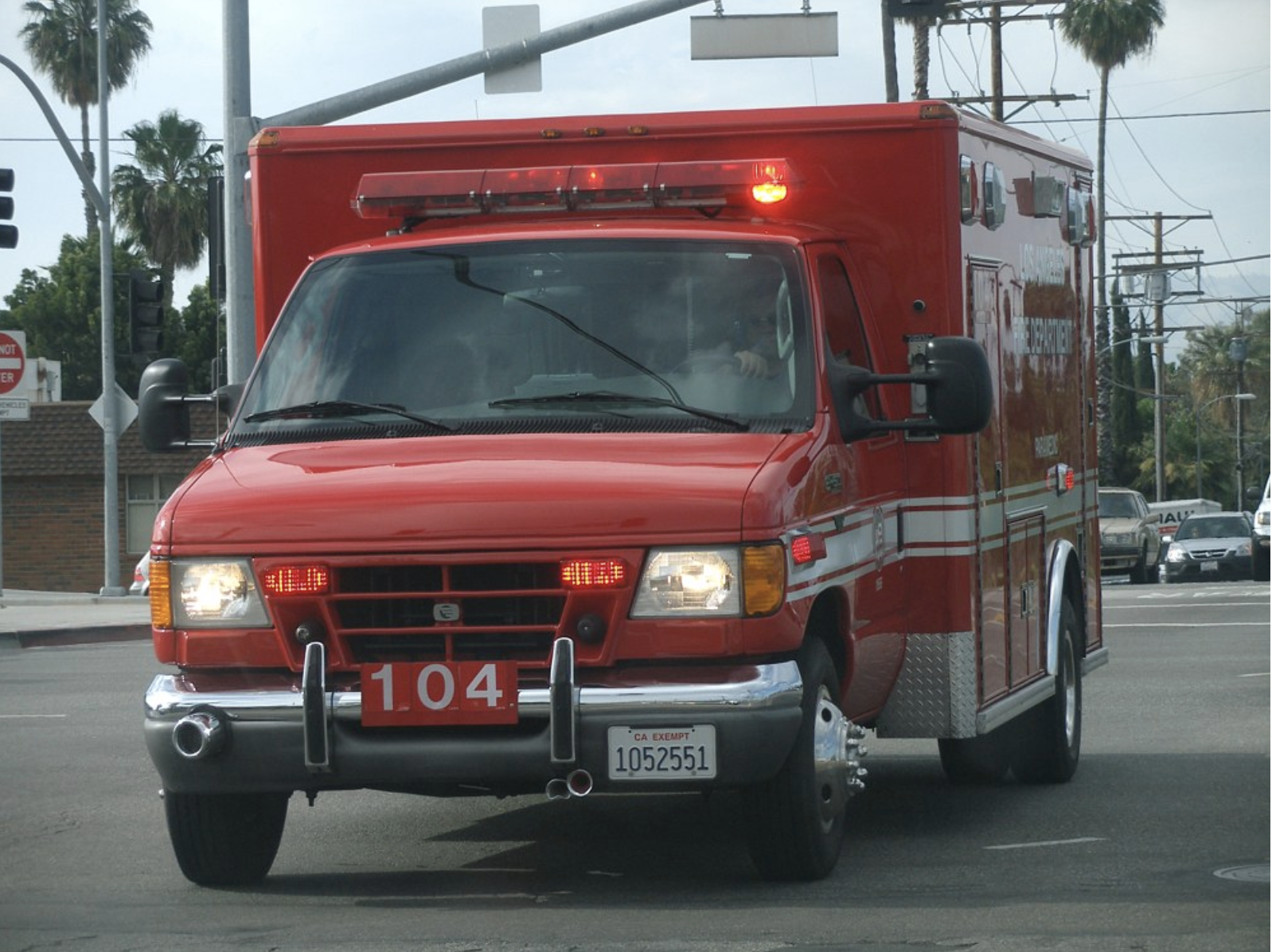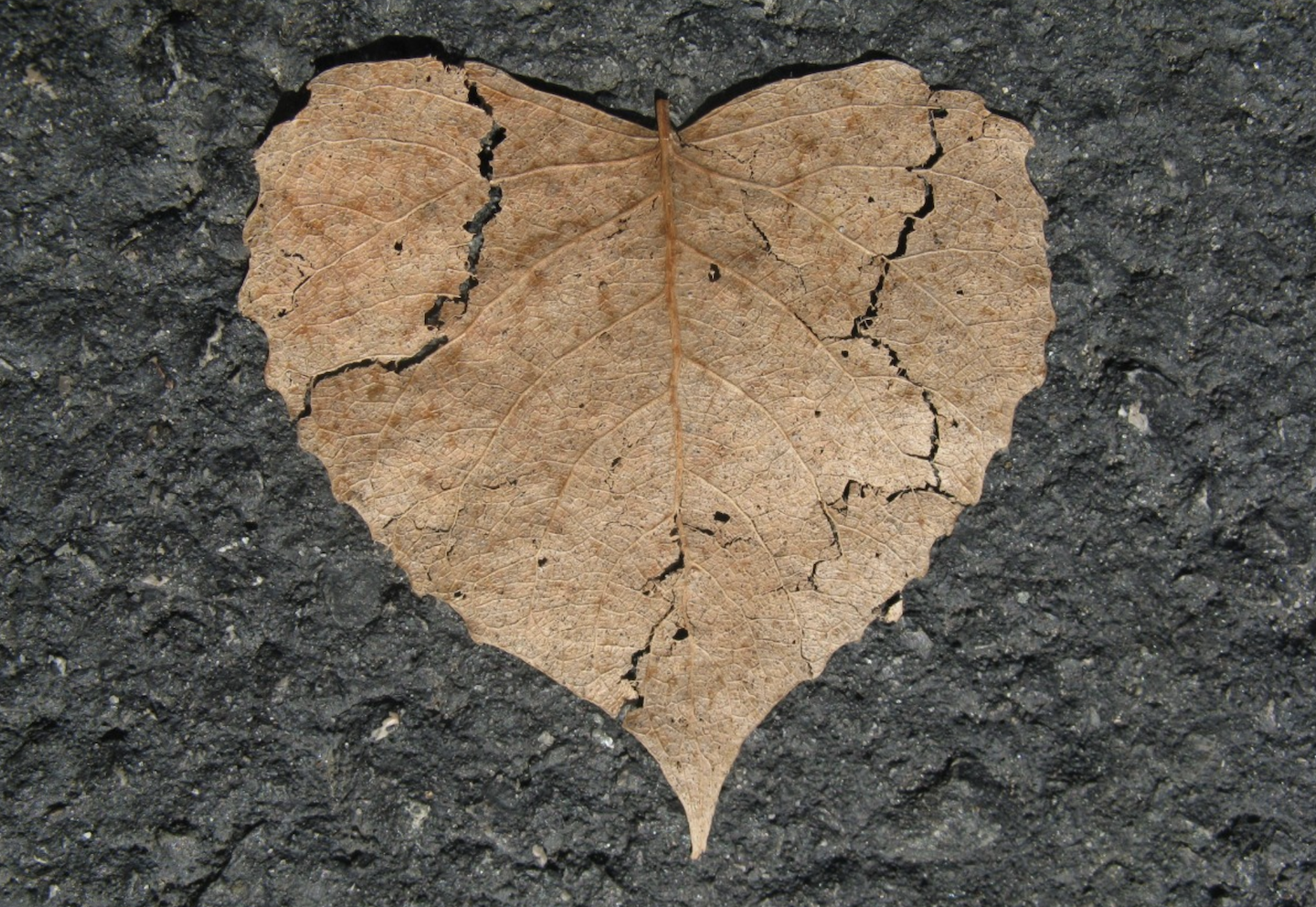Another Close Call
The idea was that, if I had the cataracts pulled from each eye, I’d not need to remember where I left my glasses this time. For reasons I can’t quite understand, my glasses are always missing – not a crisis, but a constant irritant.
The physician I consulted said the cataracts that had formed on each of my eyes constituted a “fairly normal problem for a person of your age.” Thank you.
Fortunately, the surgical removal would be simple -- no reason to think otherwise. They would lift the cataract from one eye first and then, two weeks later, take care of the other. By doing them one at a time, I’d never be reduced to total blindness. That made sense.
Of course, things didn’t go as expected. For whatever reason, the body to which my cataract was attached rebelled. I’ve been told that my breathing stopped and my heart rate hovered between 10-20 beats per minute. I don’t remember the ambulance ride or follow-up confusion. The whole thing is a totally unhappy blur.
I’m doing alright now, well on my way to recovery. I still can’t find my glasses. But in perspective, my cataracts didn’t make last week’s headlines. The news was all about Autocrat Trump’s friend Autocrat Putin and the incredible courage on display in the Ukraine. My cataracts, and my near-death moment, didn’t even merit a footnote – not in the week when innocents are being slaughtered and the magnificent Paul Farmer, MD, died too young.
If I were telling my life story, against the background of AIDS and cancer and the night my heart stopped in Denver midway through a keynote address, I don’t know if last week’s surgical drama would play a prominent role. It was a frightening experience mostly in retrospect, and another close call in a life that seems to have seen more than its share of them.
All in all, I’d like to live which is why I prefer the “near” part of a near-death experience. It reminds me that medical science remains an imperfect art. The late George Carlin used to ask, “Isn’t it a bit unnerving that doctors call what they do ‘practice’?” Yes, George, it is.
I emerged from anesthesia’s fog with a dim memory of where I was and what had happened. I didn’t know the details but was pretty sure the main theme wasn’t what had been promised. When I was adequately conscious to understand what was being said, I learned that I’d almost died. Taking that in, I said the first thing that came to mind: “I didn’t finish the will.” And it’s true. The will’s still not done, and that worried me.
I have an enormous stockpile of reasons for gratitude. My life has been, and still is, full and satisfying. I’m keenly aware that having a matched pair of cataracts is not uncommon for someone of my age. Much greater is a world filled with pain, injustice, poverty, bloodshed and the arrogance of autocrats.
If there’s a lasting lesson that I’ve taken from the Emergency Room at Cedars-Sinai Medical Center where I was deposited in the post-surgical scramble, it’s that life is uncertain. We don’t really know over breakfast what lies in wait before dinner. Things may be “routine” but they aren’t guaranteed. We cannot predict what risk will suddenly become reality, what worry will be translated into reality. We know life will end. We don’t, as a rule, know when – but we prefer that it not end now.
The lesson I took home from the hospital this time isn’t complicated. Failure to touch up the will can be fixed; failure to tell someone we love how deeply they’ve mattered to us – such things cannot be fixed.
So hold tightly to those you love. Treasure friends who value you. Waste no time on arrogant tyrants. Accept life as a delicate gift. Take no one who loves you for granted; their lives are as fragile as yours.
And when the evening’s dusk slides over your day, find someone to whom you want to say “thank you for caring,” or “sleep with the angels,” or “know that I love you.”



